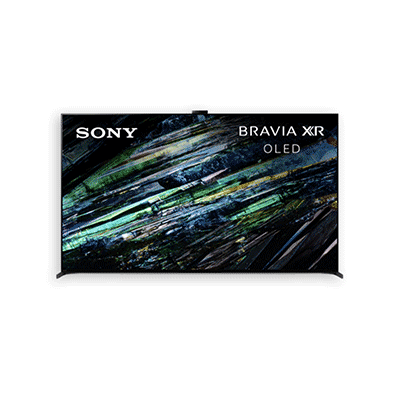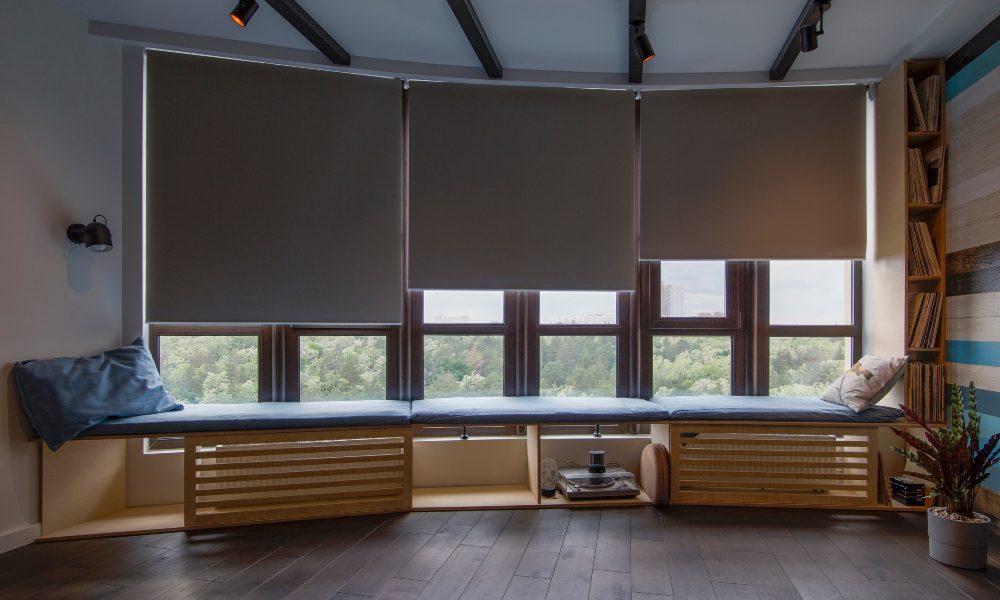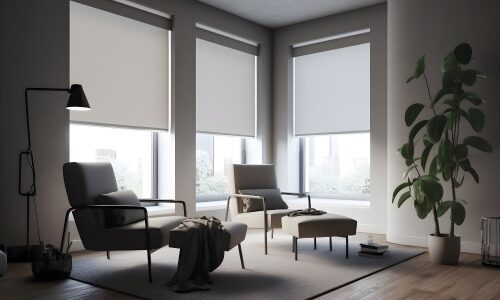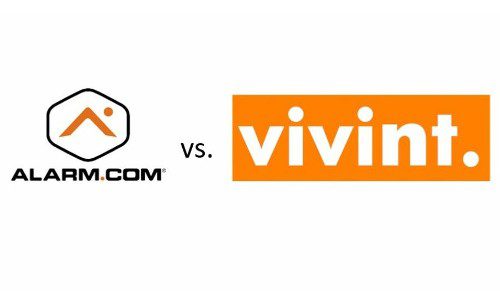In recent analysis, Data by D-Tools uncovered that adding motorized shades into a system design is more than just a means of boosting the project size. It actually turns out to be a strategic sales tool for system integrators.
Among the signed contracts for projects that included motorized shades from June 1, 2022 to May 31, 2023, 89% of the time the motorized shades remained in the final installation and were not value-engineered out.
The conclusion is that the motorized shades are a key element of the project versus seen as an add-on product and are integral to helping dealers close the sale, especially when it is compared to information from the Data by D-Tools 2023 Midyear Market Health Report that shows the average closing rate for a proposal in 2023 was just 40% across all types of projects for the first half of the year.
That fascinating finding is just one market insight recently exposed through D-Tools’ new research department which also revealed that 91% of residential integrators (using D-Tools Cloud) installed motorized shades over the past 12 months alongside a variety of other data insights gleamed from CE Pro‘s motorized shades market deep dive.
“The data clearly shows that motorized shades have become rather commonplace in custom installation projects, and further they appear to be instrumental in increasing the chances of closing the sale,” says Jason Knott, Data Architect & Evangelist at D-Tools.
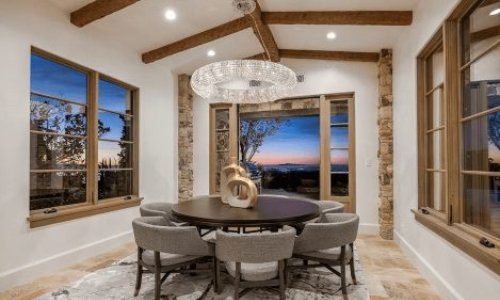
The Future of Digital Lighting & Control
As a custom integrator, lighting is in demand. Effective communication, education and showcasing the value proposition of LED light fixtures in conjunction with integrative control systems are the keys to overcoming challenges and closing sales in this specialized market. Join us as we discuss the future of digital lighting and control with David Warfel from Light Can Help You and Patrick Laidlaw and Mark Moody from AiSPIRE. Register Now!“There are many reasons why a proposal may not get signed, but the inclusion of motorized shades certainly looks to be a high-demand amenity that can help seal the deal, an indication that motorized shades have become a vital tool in the toolbox for system integrators.”
D-Tools Sales Data Shows Most Integrators Use Multiple Motorized Shade Brands
Another intriguing conclusion drawn from the D-Tools data is the diversity of shading brands being used by dealers.
According to the figures, only 34% of integrators used a single brand of shades in the past year. That means nearly two out of every three integration companies (66%) over the 12-month period sourced from multiple shade suppliers on their projects. Specifically, 25% of integrators used two separate brands of shades, while a whopping 41% of integrators used three or more.
“The diversity of the brands used is interesting. Knowing the complexity of motorized shade design, you would think that integrators are solidly in the camp with a single supplier, but that does not appear to be the case. It once again reflects the true ‘custom’ nature of this industry as dealers seek out the right product for the specific application, regardless of brand,” Knott adds.
Among the variables that can lead to the need to use a diverse range of brands can include interior versus exterior applications, battery-powered versus hardwired, method of shade control, necessary motor size based on shade weight, exposed rollers versus pocketed, and specific shade design, fabrics/materials and colors.
Data by D-Tools is aggregated anonymized data drawn from more than 1,000 active integration companies using the D-Tools Cloud software. D-Tools Cloud tracks real project data in aggregate across multiple phases, including quoted, proposed, sold, ordered and installed. The platform aims to be the preeminent provider of objective, actionable industry information and insight for the electronic systems industry to foster critical decision-making that fuels market growth.
If you enjoyed this article and want to receive more valuable industry content like this, click here to sign up for our digital newsletters!


